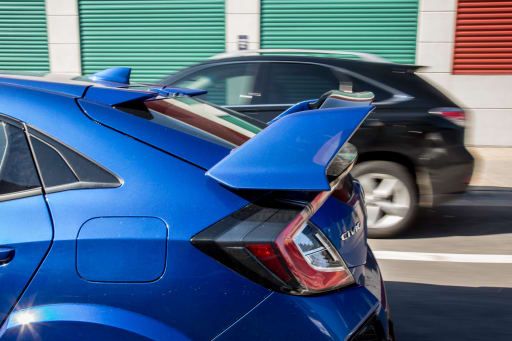
The Future of Autos: Revolutionizing Transportation
autopartmax.comThe automotive industry is on the verge of a monumental transformation, as technological advancements and changing consumer demands pave the way for the future of autos. This article explores the exciting prospects that lie ahead, from electric and autonomous vehicles to innovative mobility solutions.
Electric Vehicles: The Dawn of a Green Revolution
With the growing concerns over climate change and the need for sustainable transportation, electric vehicles (EVs) are set to play a pivotal role in the future of autos. EVs offer zero-emission driving, reducing our carbon footprint and improving air quality. As battery technology advances and charging infrastructure becomes more widespread, EVs are becoming increasingly accessible and practical for everyday use.
Furthermore, the development of solid-state batteries holds the promise of longer driving ranges and shorter charging times, addressing the limitations of current lithium-ion batteries. This breakthrough technology is expected to revolutionize the EV industry, making electric cars even more appealing to consumers.
Autonomous Vehicles: Redefining Mobility
Autonomous vehicles (AVs) are another major aspect of the future of autos, promising safer and more efficient transportation. Self-driving cars have the potential to reduce accidents caused by human error, optimize traffic flow, and enhance mobility for individuals who are unable to drive.
The integration of artificial intelligence, sensors, and advanced algorithms enables AVs to perceive their surroundings and make informed decisions. While fully autonomous vehicles are still in the testing phase, semi-autonomous features such as adaptive cruise control and lane-keeping assist are already available in many cars today.
Mobility as a Service (MaaS): Transforming Transportation
As urbanization continues to increase, the concept of Mobility as a Service (MaaS) is gaining traction. MaaS refers to a shift from individual car ownership to a shared transportation system, where users have access to various modes of transport through a single platform.
This integrated approach combines public transportation, ride-hailing services, car-sharing, and other mobility options, providing a seamless and convenient travel experience. MaaS aims to reduce traffic congestion, lower emissions, and improve overall transportation efficiency.
Connectivity and the Internet of Things (IoT)
The future of autos is not limited to electric and autonomous vehicles; it also encompasses connectivity and the Internet of Things (IoT). Cars are becoming increasingly connected, enabling real-time communication between vehicles, infrastructure, and other devices.
Connected cars offer a wide range of benefits, including improved safety through vehicle-to-vehicle communication, enhanced navigation systems, and advanced driver assistance features. Additionally, IoT technology allows for over-the-air software updates, ensuring that vehicles always have the latest features and security patches.
Conclusion
The future of autos is an exciting prospect that holds immense potential for transforming transportation as we know it. Electric vehicles, autonomous driving, mobility as a service, and connectivity are all key pillars shaping the automotive industry's evolution.
As these innovations continue to advance, it is crucial for industry stakeholders, policymakers, and consumers to embrace the opportunities and address the challenges that arise. By doing so, we can pave the way for a greener, safer, and more efficient future of autos that benefits both individuals and the planet.